How to Choose the Best Lenses for Wedding Photography: A Guide
Looking for the perfect lenses for your wedding photography? Discover the key factors to consider when choosing the best lenses for capturing stunning and memorable wedding moments.
Wedding photography is an art form that requires the right equipment and skills to capture the beauty and emotions of the day. As a wedding photographer, one of the most critical decisions you’ll make is selecting the right lenses. The right lenses can enhance the quality of your images, while the wrong lenses can detract from the overall results. In this guide, we’ll explore how to choose the best lenses for wedding photography.
Understanding Your Camera System
Before we dive into the world of lenses, it’s essential to understand your camera system. The type of camera you use will determine the lenses you can use. There are two primary types of camera systems: full-frame and crop-sensor. Full-frame cameras have a larger sensor size and allow for a wider field of view and a shallower depth of field. Crop-sensor cameras have a smaller sensor size and a narrower field of view.
Factors to Consider When Choosing Lenses for Wedding Photography
When choosing lenses for your wedding photography, there are several factors to consider, including:
- Focal length
- Aperture
- Image stabilizationization
- Weight and size
- Budget
- Focal Length
Focal length refers to the distance between the lens and the camera sensor when the lens is focused at infinity. It determines the field of view and magnification of your images. For wedding photography, you’ll want lenses with a range of focal lengths to cover different shooting scenarios.
Aperture
Aperture refers to the size of the lens opening that allows light to reach the camera sensor. The wider the aperture, the more light the lens can gather, making it ideal for low-light situations. Aperture also affects depth of field, with wider apertures creating a shallower depth of field and narrower apertures creating a deeper depth of field.
Image Stabilization
Image stabilization helps to reduce camera shake, making it easier to take sharp photos in low-light situations. This feature can be especially helpful for wedding photography where lighting conditions may change rapidly.
Weight and Size
Wedding photography often requires a lot of movement and carrying gear, so it’s important to consider the weight and size of your lenses. Larger and heavier lenses can be more difficult to carry, especially for an extended period.
Budget
Finally, your budget will play a significant role in the lenses you choose for your wedding photography. High-end lenses can be expensive, but they often offer better image quality, faster autofocus, and weather sealing.
Recommended Lenses for Wedding Photography
When it comes to choosing the greatest lenses for wedding photography, there are many options available. Here are a few recommended lenses for wedding photographers:
Canon EF 24-70mm f/2.8L II USM
Nikon AF-S Nikkor 24-70mm f/2.8G ED
Tamron SP 24-70mm f/2.8 Di VC USD G2
Frequently Asked Questions
Here are a few frequently asked questions about choosing lenses for wedding photography:
Q: Can I use a kit lens for wedding photography?
A: Kit lenses are typically basic lenses that come with your camera. While they can be suitable for casual photography, they may not provide the image quality and versatility needed for wedding photography. If you’re serious about wedding photography, it’s best to invest in high-quality lenses that will help you capture stunning and memorable moments.
Q: Is it necessary to have different focal lengths for wedding photography?
A: Having different focal lengths can be useful for wedding photography as it allows you to capture a range of shots, from wide-angle group shots to close-up portraits. Having a variety of focal lengths at your disposal can also be helpful in adjusting to changing lighting and space conditions during the wedding.
Q: Do I need image stabilization in my lenses for wedding photography?
A: Image stabilization can be beneficial for wedding photography, especially in low-light situations. However, it’s not necessary for every lens. You should consider the lighting conditions you’ll be shooting in and your personal shooting style when deciding if image stabilization is important for you.
The links provided offer a selection of books about “How to Choose the Best Lenses for Wedding Photography”
- Shot in the Dark: Low-Light Techniques for Wedding and Portrait Photography
- Wedding Storyteller, Volume 1: Elevating the Approach to Photographing Wedding Stories
- Wedding Storyteller, Volume 2: Wedding Case Studies and Workflow
- Shooting in Sh*tty Light: The Top Ten Worst Photography Lighting Situations and How to Conquer Them
- Fine Art Wedding Photography: How to Capture Images with Style for the Modern Bride
- Wedding Photography from the Heart: Creative Techniques to Capture the Moments that Matter
Conclusion
Choosing the best lens for wedding photography is an important decision that can impact the quality of your images. Consider your camera system, focal length, aperture, image stabilization, weight and size, and budget when making your selection. With the right lenses, you’ll be well on your way to capturing stunning and memorable wedding moments.
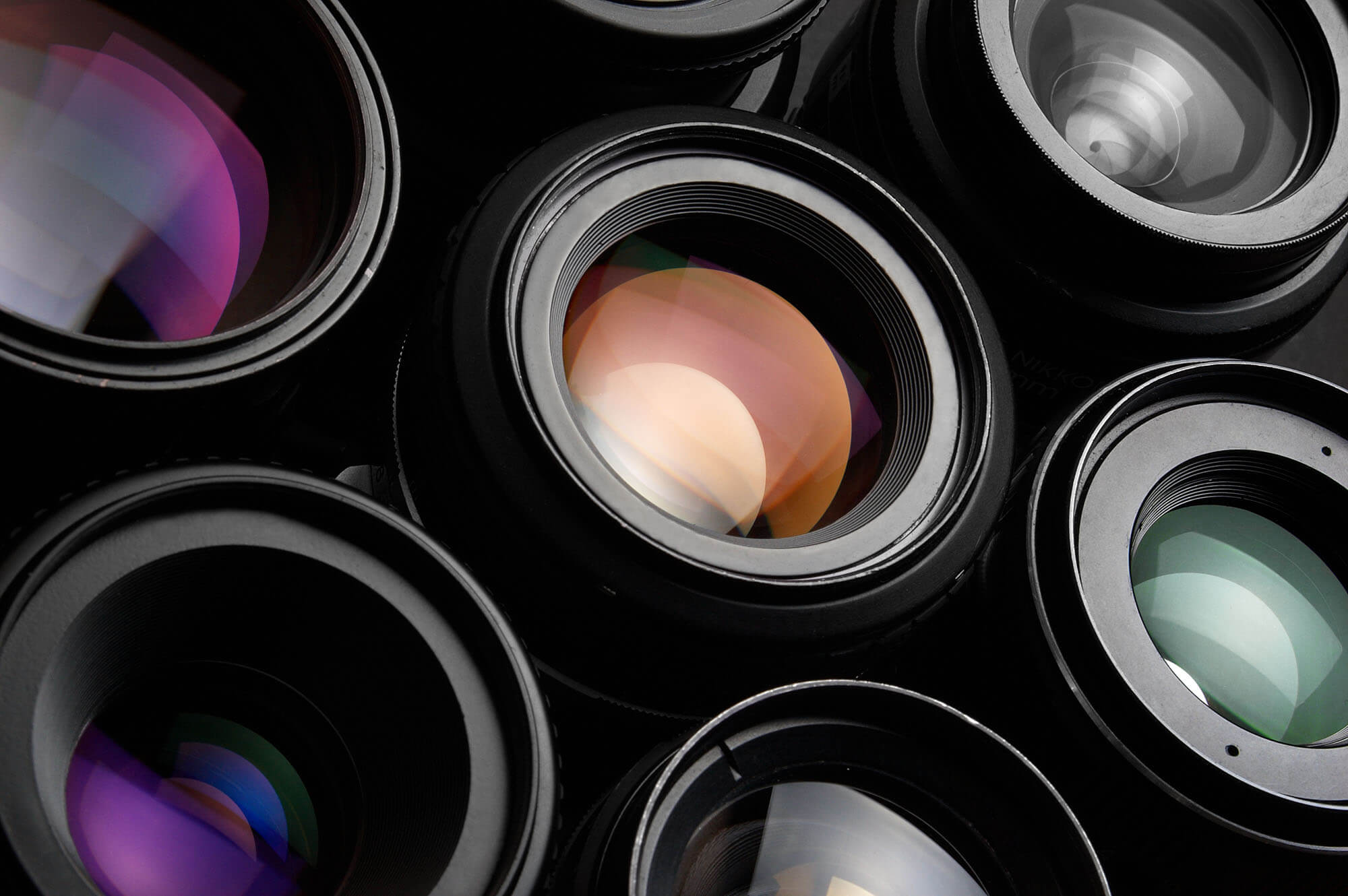
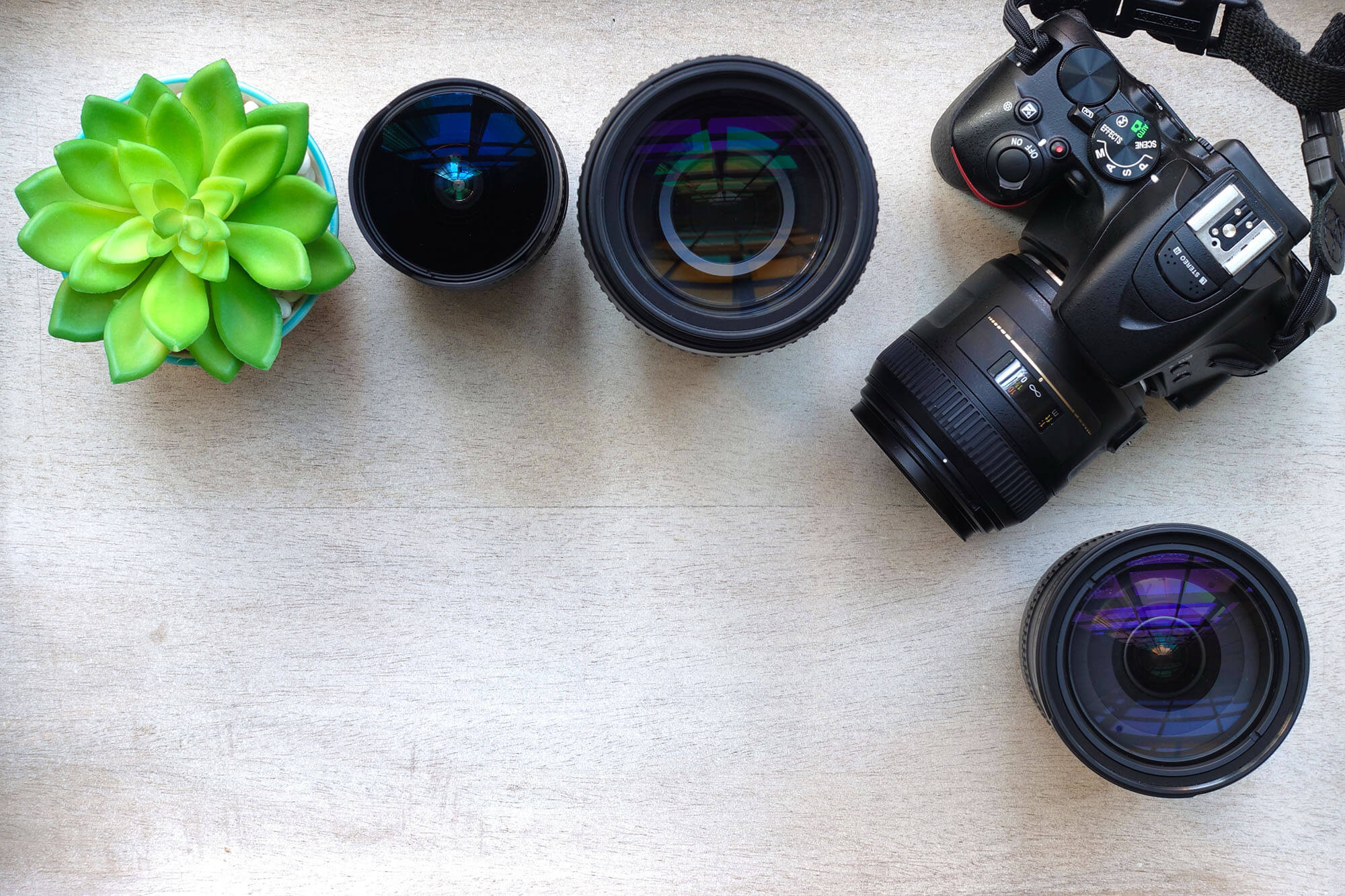
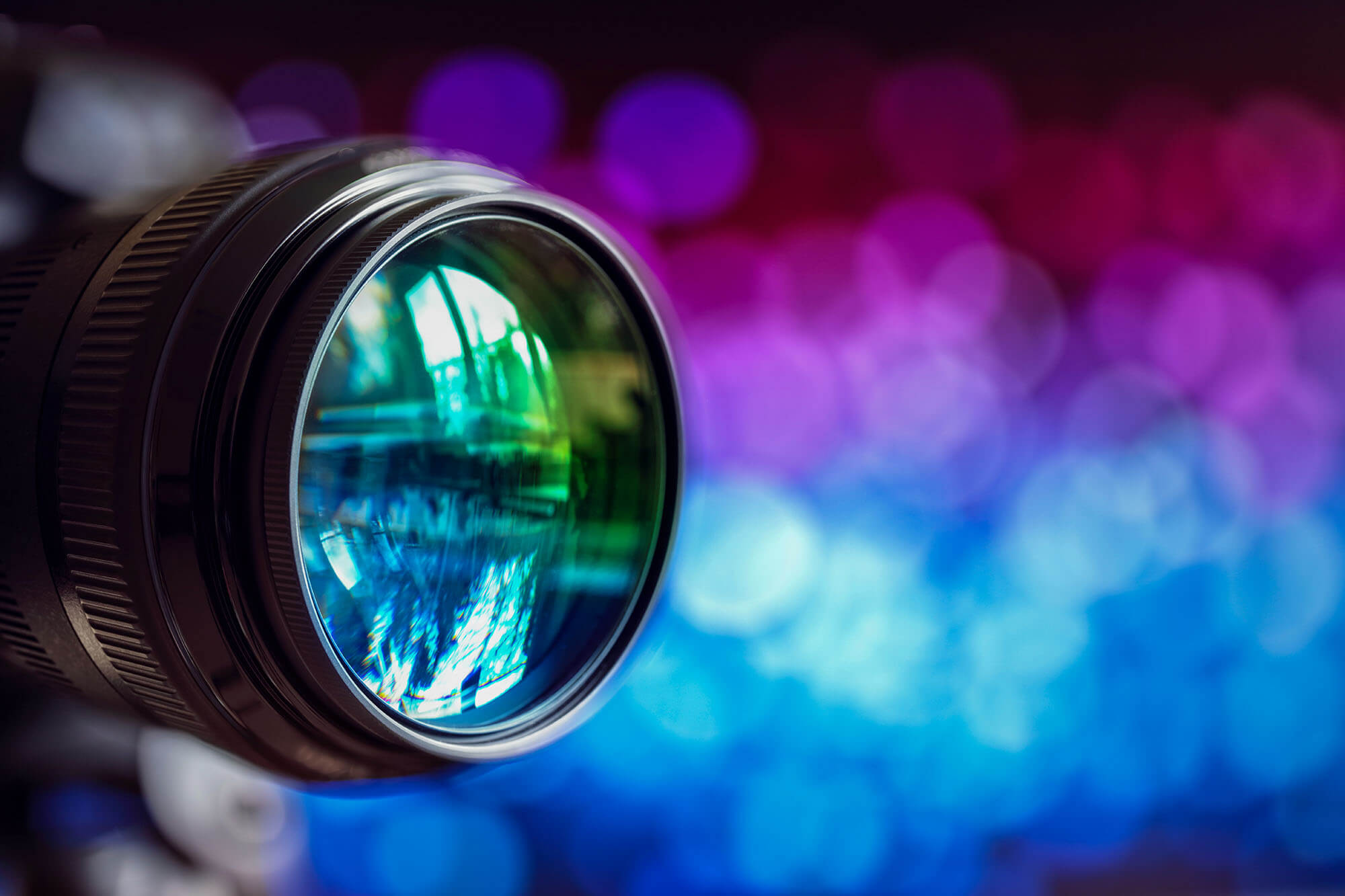
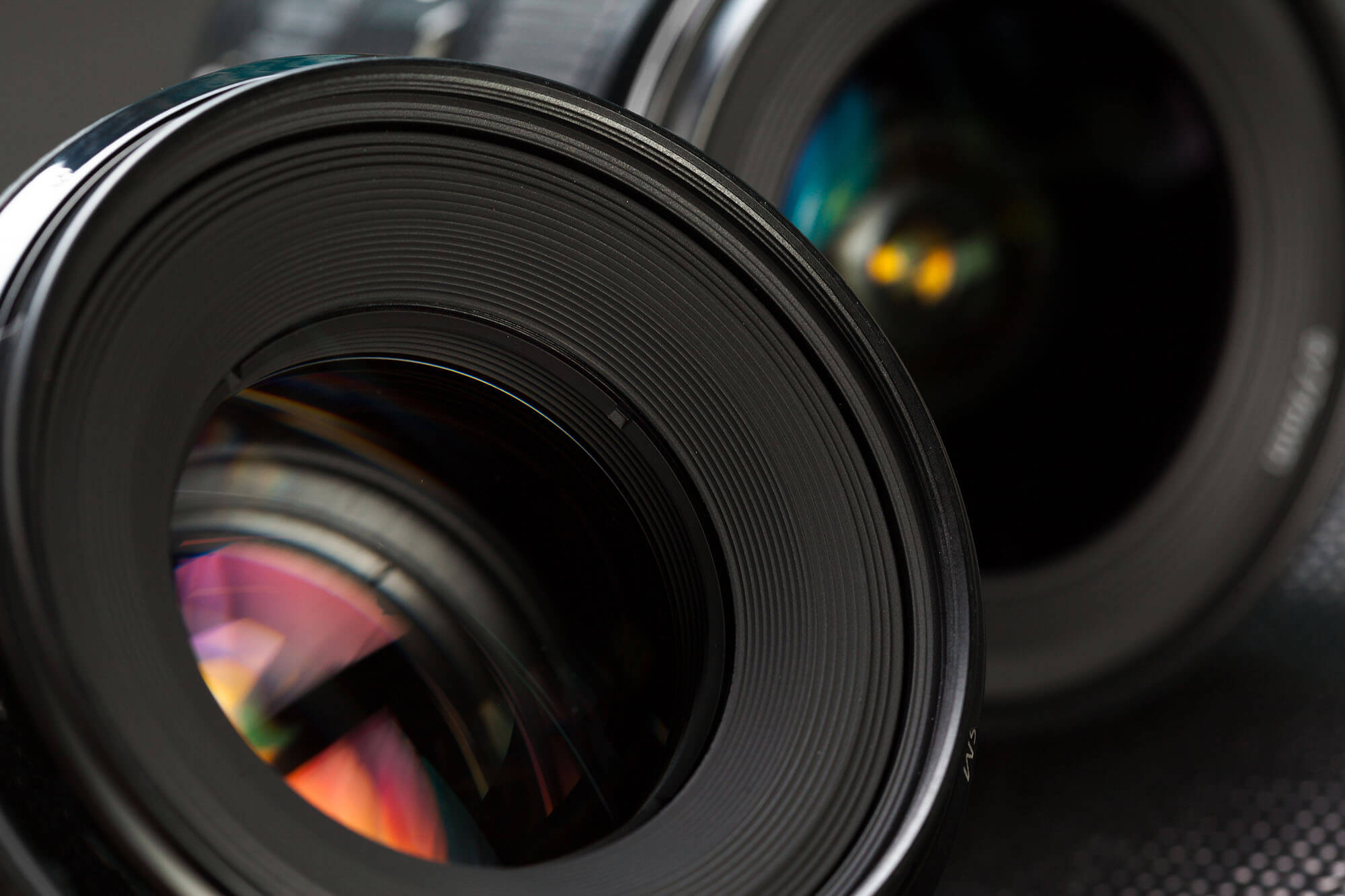
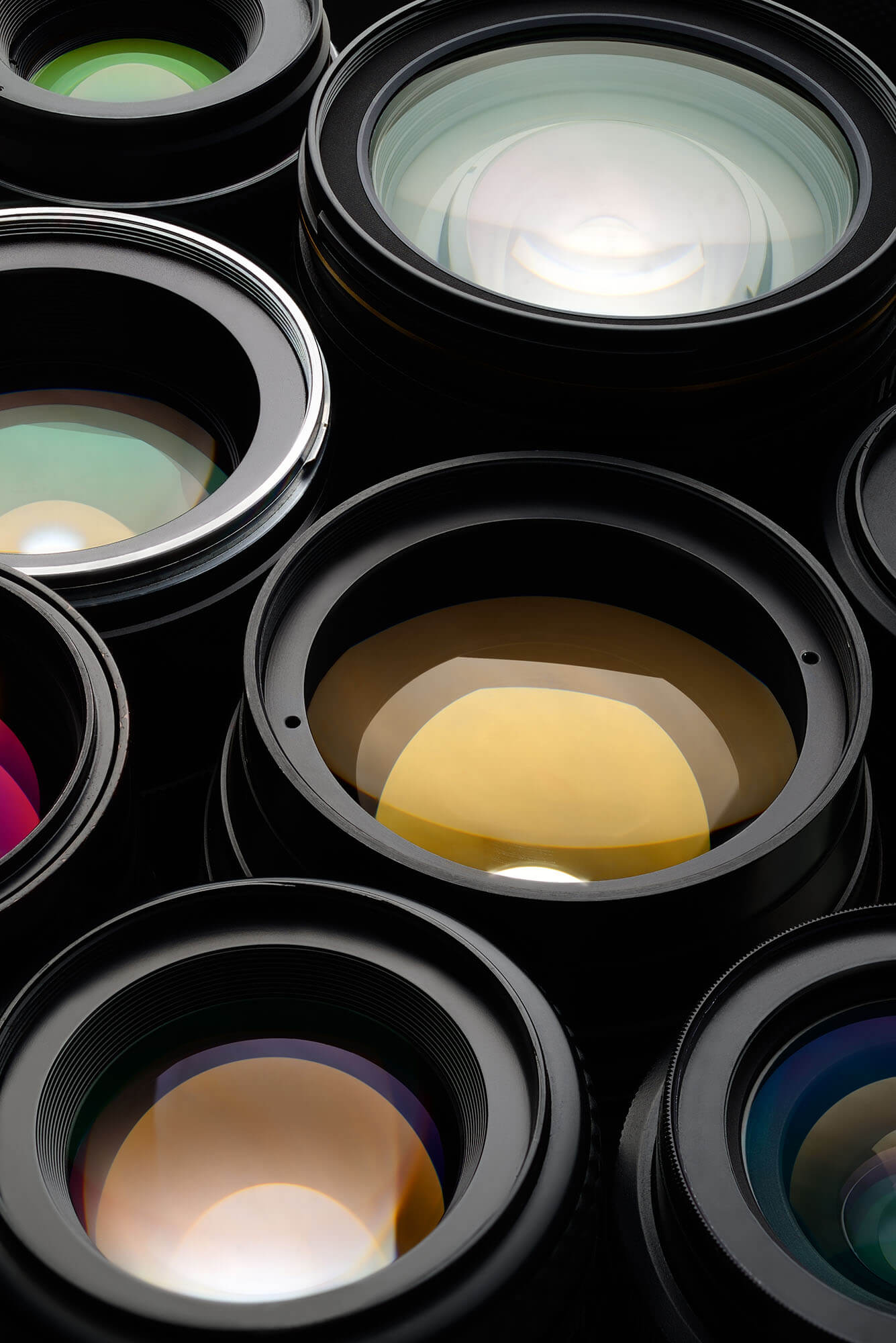
Comments
Sarah Kim
Costin Constantinescu
Rachel
Costin Constantinescu
Ben
Costin Constantinescu
Sarah Johnson
Costin Constantinescu